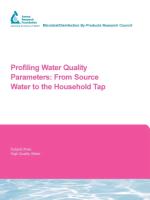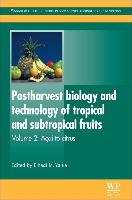- Start
- Profiling Water Quality Parameters
Profiling Water Quality Parameters
Angebote / Angebote:
The primary objective of the project was to characterize raw water, treatment plant, distribution, and household tap water quality with respect to microbes, water quality indictors, and physicochemical parameters in Davenport, Iowa. The goal was to provide a context for interpreting the public health data generated by the epidemiology study.
In response to the 1996 amendments to the Safe Drinking Water Act requirements, the U.S. Centers for Disease Control and Prevention (CDC) and the U.S. Environmental Protection Agency (USEPA) formulated a series of epidemiology studies to determine the occurrence of waterborne disease in the United States. The Iowa-American Water Company, Davenport district, was selected because it best satisfied all of the study criteria.
Detailed analyses were conducted on raw, treated plant effluent, distribution system, and household tap and treatment device water samples. Analyses included Cryptosporidium oocysts by both USEPA Method 1623 and infectious organisms by the cell culture/polymerase chain reaction method (CC-PCR), Giardia cysts by Method 1623, culturable viruses, total and fecal coliforms, Clostridium perfringens spores, Bacillus subtilis spores, male-specific and somatic bacteriophage, and HPC bacteria. Monitoring of the treatment plant included a large number of process variables as well as microbial indicators. Data on distribution system leaks, electronic pressure monitoring for hydraulic surges, and hydraulic modeling helped to supplement the monitoring program.
The extensive monitoring of the Davenport system failed to find significant indicators of microbial risk. The drinking water in the Davenport system met or surpassed all measures of water quality. The study did identify areas for future research, including the relationship between the occurrence of male-specific coliphage and distribution system main breaks, the potential for negative pressure transients due to power outages, and the need for more comprehensive distribution system pressure monitoring.
The findings of the separately funded epidemiology study will have a tremendous impact on the perception and regulation of drinking water. This study demonstrated that the water supply studied met or surpassed all measures of water quality. The outcome of the epidemiology study (whether waterborne disease is observed or not) will either support current standards of drinking water quality, or radically change the approach to ensuring potable water.
Folgt in ca. 15 Arbeitstagen




